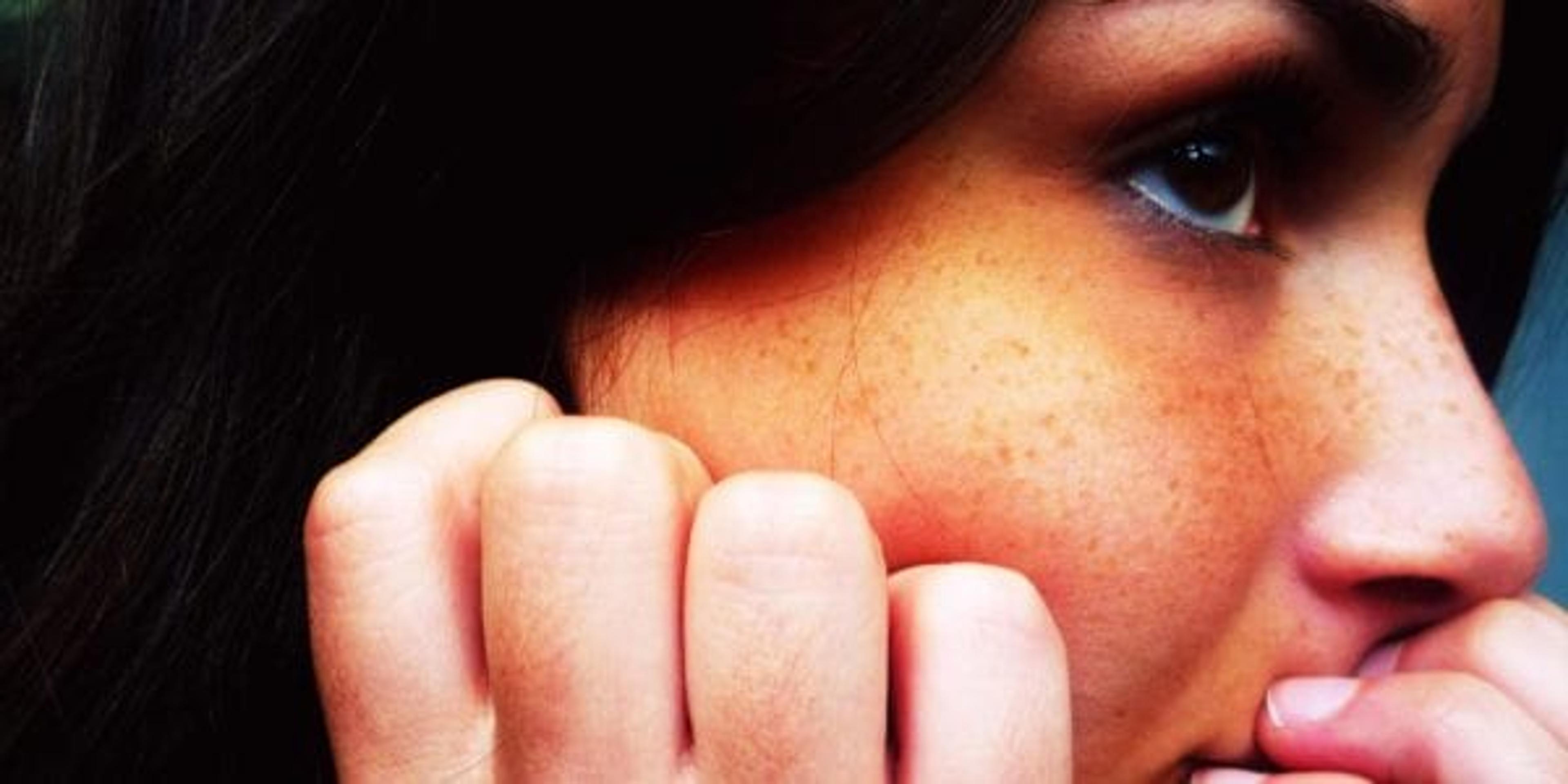Are You Touching Your Face Too Much? Probably!
| 2 min read

There are a lot of reasons to raise your fingers to your face—you think you have something in your eye, your cheek itches, your nose has a tickle, you want to bite your nails. In fact, researchers observed people in public spaces and found that people touch their mouth or nose an average of 3.6 times an hour. Why does it matter? Because all of that face touching can be making you sick.
While most people wash their hands after a trip to the bathroom, they don’t necessarily suds up every time they touch a banister, door handle or dollar bill. And the germs that are all over those items can easily get into your body when you bring your hands up to your face. Skin is naturally a great barrier to germs, but your eyes, nose and mouth are like open doors to bacteria and viruses. On top of making you sick, touching your face can cause skin issues like acne.
So how do you break yourself of the habit?
- Become aware.Touching your face is something you probably don’t even realize you’re doing. But hopefully, now that you’ve read this blog, you will be a lot more focused on it. Keep a notepad handy and put a checkmark down every time you do it to really force you to see how big of a problem it is.
- Hide your hands. When you are sitting down watching TV, try putting your hands underneath your body. It will stop you from distractedly touching your face since you have to move to free your hands.
- De-germ before touching. If you have to scratch your eyes, nose or mouth, use hand sanitizer first or cover your finger with a tissue—anything to stop the spread of germs to your face.
Reducing how often you touch your face isn’t the only way to expose yourself to fewer germs. Check out these blogs to learn more tips and keep yourself healthy:
Photo credit: AJU_Photography





